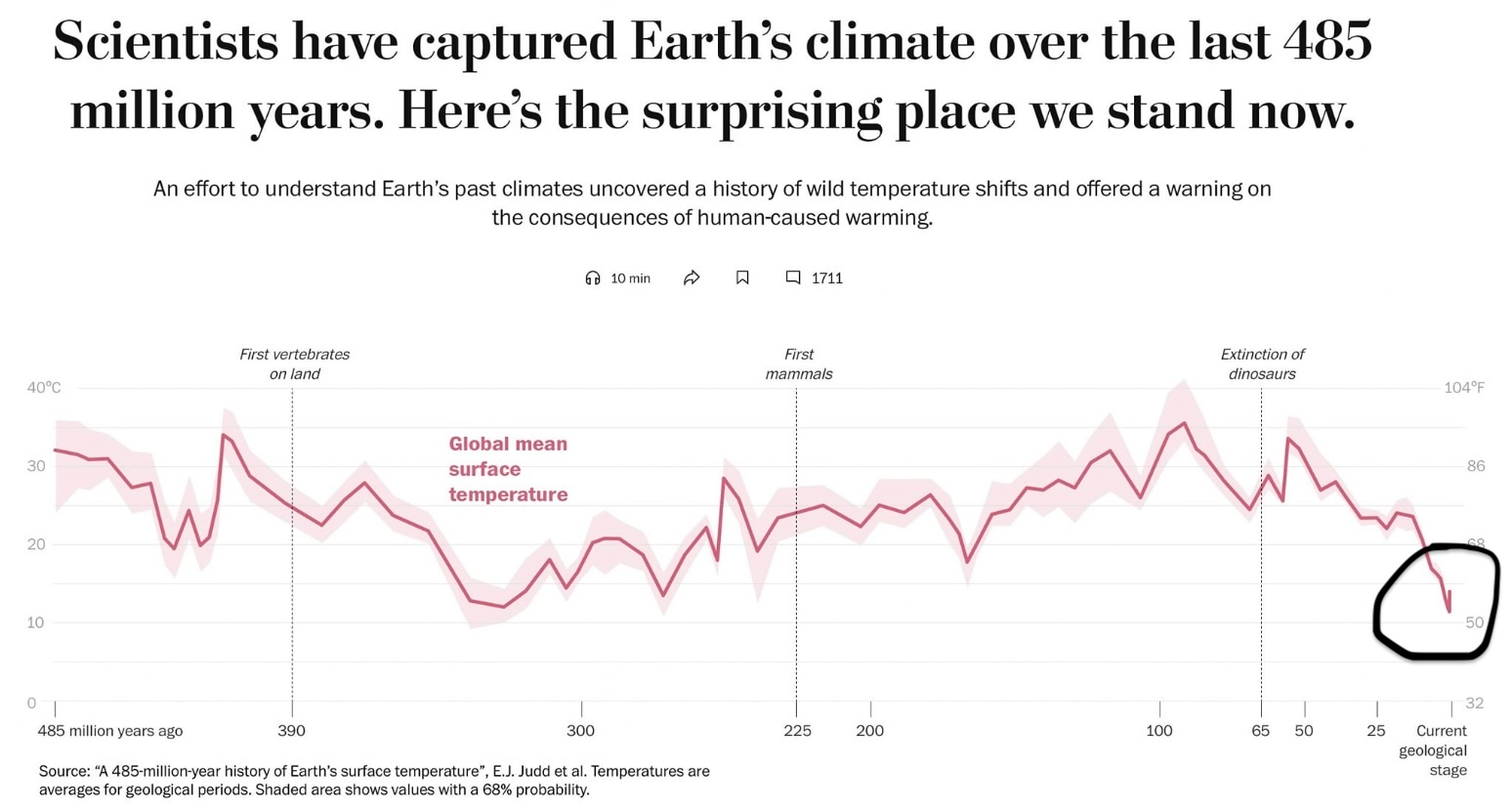Baby Boomers are at grandparenting age, but their children aren’t having so many children of their own, so the Boomers aren’t getting to be grandparents. They’re not happy about it, either.
It’s true enough that our nation’s birthrate is well below the rate necessary to maintain, much less grow, our nation’s population, and that’s having detrimental effects on our economy and our ability to support Baby Boomers and subsequent generations of retirees in their dotage. It also makes us more dependent on immigration to fill our labor gaps.
But that doesn’t make women their parents’ baby making machines for the sake of those parents’ wishes to have grandchildren.
Professor Rachel Margolis of the University of Western Ontario:
Almost everyone grew up with at least one grandparent, and when you grow up with a grandparent around, you think about that as part of family life[.]
There’s a hint there. Children no longer want their parents living with them, for a variety of reasons both good and bad. Parents no longer want to live with their children, also for a variety of reasons both good and bad. One outcome of that is 74-year-old Ann Brenoff, whose children have no plans to have children:
I want to tell family stories to my grandkids. I want them to have memories of me. I don’t think it will happen. It’s selfish, I know.
That family life was an ideal environment for passing on family lore and for creating memories that include grandparents, especially so for the grandchildren. That family life also was instrumental in providing the mutual support of adult children for (grand)parents and vice versa along with the large advantages for grandchildren from growing up in three-generation households. Now, it’s supplanted by increasing dependency on charity, or government, or nursing homes and “retirement communities” in lieu of “family” support while actual family falls by the wayside.
For future reference (particularly today’s generation of child-bearing age, and the generation just entering that age): you want the part of family life that is grandchildren, then act like you still want to be part of a family and not like you want grandchildren as your personal entertainment. Do that from the moment you have your own children and revive a sense of family responsibility, instead of inculcating, however sub rosa, an attitude of gotta get off on my own as soon as my children are out of the house, and gotta get out on my own as soon as I’ve left my parents’ house.
You bet it’s selfish to want grandkids just for your personal entertainment.

